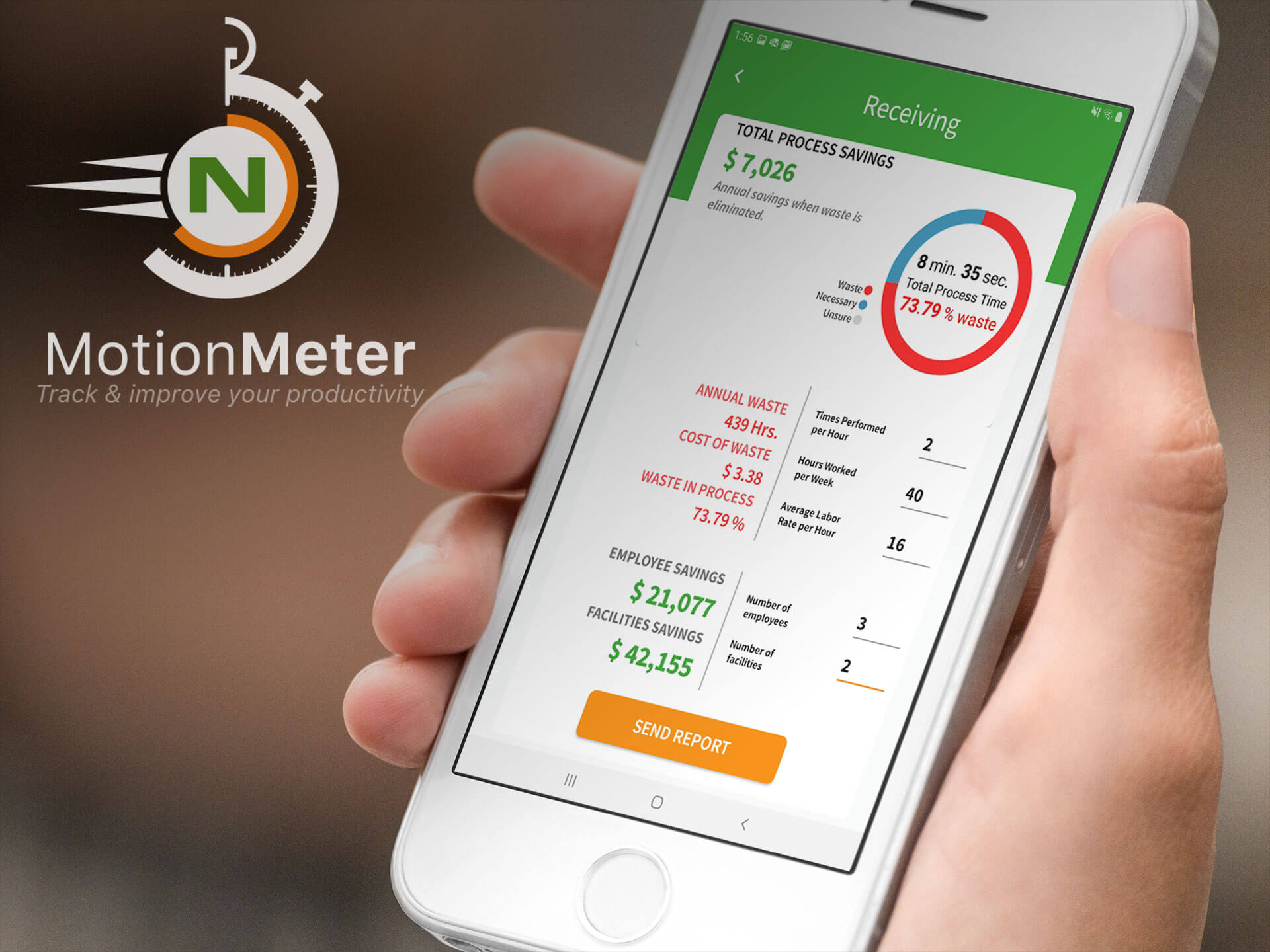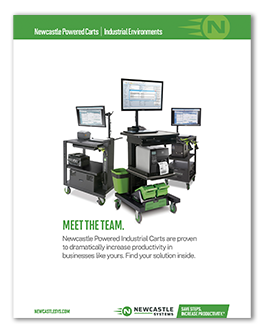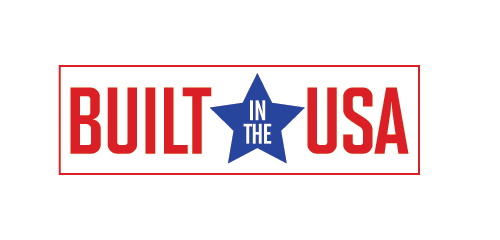
The overall shopping experience in brick-and-mortar stores has become more important than ever. As consumers have become savvier, they expect to have a more enjoyable and personalized journey, and that includes the checkout process. Mobile POS systems are becoming increasingly popular among retailers because they deliver what customers want and offer some surprising benefits for businesses.
What is a Mobile POS System?
A mobile POS system (mPOS) is a portable hardware and software system that processes sales and collects customer data. An mPOS is similar to a traditional POS system, except that it doesn’t have to be connected to a checkout counter or other fixed location. There are several different types of mPOS systems retailers can use:
- Tablet-based systems — Mobile POS software can transform Android and iOS tablets into portable POS systems that accept payments and perform various administrative tasks, usually relying on a WiFi connection.
- Phone-based systems — A smartphone POS system usually works alongside a connected card reader that accepts customer payments via mobile data or WiFi. This type of system is ideal for mobile, on-the-go businesses, such as those working at farmer’s markets or events.
- Terminal-based systems — A terminal-based system is an all-in-one card reader and screen with built-in POS software. These can be handheld or stationary, such as those found on restaurant tables that offer self-serve ordering and payments.
Any of these three systems can be integrated into a mobile powered cart, which is a moveable cart you can station anywhere in your store to offer support to customers and employees.
Benefits of Using a mPOS System for Your Retail Business
Versatile and portable tools, mobile point-of-sale systems offer many practical benefits to businesses.
1. Faster Checkout
One of the primary benefits of an mPOS is that it offers customers a faster checkout experience. Instead of having to hunt down a checkout lane, stand in line, or walk to an inconvenient location, consumers have more choices. An mPOS allows customers to checkout on the retail store floor, which can make their shopping experience more enjoyable, particularly when it is busy.
2. Many Payment Options
 Compared to traditional POS systems, mobile POS systems usually support a wide variety of payment options. These include credit and debit cards as well as other cashless options like EBT, digital wallets, and even Bitcoin. By providing these options, merchants can better meet customers’ expectations and needs.
Compared to traditional POS systems, mobile POS systems usually support a wide variety of payment options. These include credit and debit cards as well as other cashless options like EBT, digital wallets, and even Bitcoin. By providing these options, merchants can better meet customers’ expectations and needs.
3. Increased Customer Engagement
When a retail associate is on the sales floor with an mPOS in hand, they can provide better service to customers and increase customer engagement. In addition to having the ability to ring up a sale, an mPOS can also provide customers with rewards and discounts, sign them up for loyalty programs, and answer questions about product availability.
4. Reduced Costs
Of course, there are upfront costs associated with implementing mPOS systems. But retailers find that these systems are simple to set up and use, meaning staff don’t require a lot of training and can begin reaping the benefits quickly. The hardware and software aren’t costly, which can reduce retail overhead.
5. Improved Efficiency
An mPOS helps your retail business automate essential workflows. This can free up staff from performing manual tasks, reduce errors, and increase overall efficiency. Also, using mPOS systems can provide business owners with critical data about their organization’s performance that helps them make more informed decisions.
6. Easy Scalability
Because mPOS systems are compact and can handle a ton of transactions, these solutions are highly scalable. If your retail business expands or you decide to try some mobile pop-up locations, you won’t have to worry about how you will ring up customers or collect customer data.
7. Highly Versatile
MPOS solutions are incredibly versatile, meaning they are used across a wide variety of industries. For example, some businesses that use these systems include retail stores, restaurants, food trucks, trade show sellers, transportation services, and mobile service businesses like pet groomers or lawn care companies.
8. Simple to Customize
Every business using an mPOS is unique. Another great feature of these solutions is the ability to customize them to fit your needs. For example, many mPOS systems allow you to customize your home screen so you see the most used features, products, and promotions, which can speed up the checkout process.
Considerations When Choosing a mPOS System
Choosing the right mPOS system is a vital decision for any business. When you get an appropriate and efficient system in place, it can streamline your operations, boost sales, and enhance the customer experience. Fortunately, there are many options on the market. Here are a few things to consider when choosing a mPOS system:
- Features — Depending on your needs, you can choose an mPOS solution that offers the features that will be most useful to you and your customers. These might include things like payment processing, customer relationship management (CRM), inventory management, and advanced analytics.
- Budget — Your budget might also play a role in choosing the right mPOS system. When comparing different options, the most expensive isn’t always the best. Be sure to consider things like upfront costs, any monthly fees, and possible ongoing expenses.
- Support — If you run into problems with your mPOS hardware or software, what type of support services are available to get you back online?
- Scalability — Ideally, your business will evolve and grow over time, so you’ll want a system that can easily scale as your and your customer’s needs evolve.
- Security — Security and data compliance are other important considerations. For example, you’ll want to ensure the solution you choose offers PCI compliance, data encryption, and systems designed for fraud prevention.
As more and more consumers are unwilling to spend much time in a checkout queue to pay for goods or services, there is a rising preference among retailers for alternative solutions, namely mobile POS systems. These solutions present an opportunity for customers to pay directly for products from anywhere in the store, which reduces wait times, encourages repeat business, and engages shoppers with upsells and reward programs.












